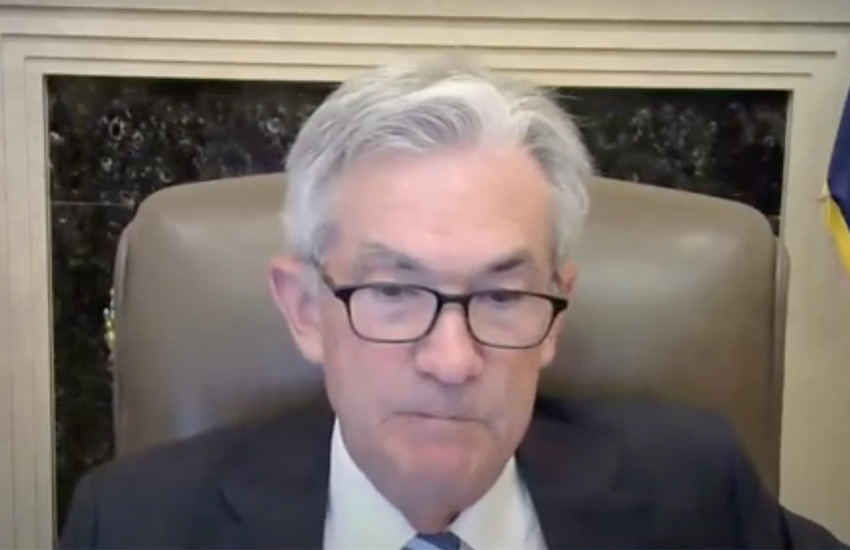Yesterday Jerome Powell, Chairman of the Federal Reserve, spoke about the United States’s ongoing research into a central bank digital currency (CBDC) at a virtual congressional hearing with the House Committee on Financial Services.
Powell acknowledged the benefits and risks of a digital dollar but stressed that, in terms of next steps, further discussion in the form of a major public consultation was necessary.
When asked by Congressman Patrick McHenry on the status of a white paper on the digital dollar, Powell responded that “the status of it is we’re working hard on it right now”. Powell expects to publish the report around early September, a delay from the summer target he had previously forecast during a speech in May.
The big challenge facing the Federal Reserve is how it can balance the appropriate regulations for a CBDC without lagging behind other countries in terms of innovation and pace of development. However, many believe this should not be a race, and Powell reiterated that it’s more important to get it right rather than do it fast.
The Boston Federal Reserve has been working on research into a digital dollar with the Massachusetts Institute of Technology (MIT), but there is not yet a commitment to pursue the policy processes needed to launch a CBDC. It now appears as though pressures are mounting re the pace of U.S. CBDC activity.
In his question to Powell, Congressman Stephen Lynch asked some pretty tough questions regarding the apparent lack of urgency. Admitting that he was “a bit worried about the pace”, Lynch addressed the fact that 86 central banks are engaged in exploring CBDCs.
He asked, “Do we risk sacrificing the primacy and reserve currency status (of the dollar) by I think some would argue slowness in response to this. ”
Responding to Lynch, Powell quelled such concerns saying the decision process was accelerating. He cited the fact that China does not have an open capital account and was confident that the U.S is not in danger of losing its reserve currency status.
The key advantage to a CBDC is a faster, cheaper payment system on both the retail and wholesale sides. The upcoming Fed report will address digital payments broadly, targeting stablecoins, cryptoassets and CBDC.
Meanwhile, China is in the advanced stages of piloting its digital yuan by trialing its CBDC across public transport networks. Russia is starting to test its digital ruble with local banks.






